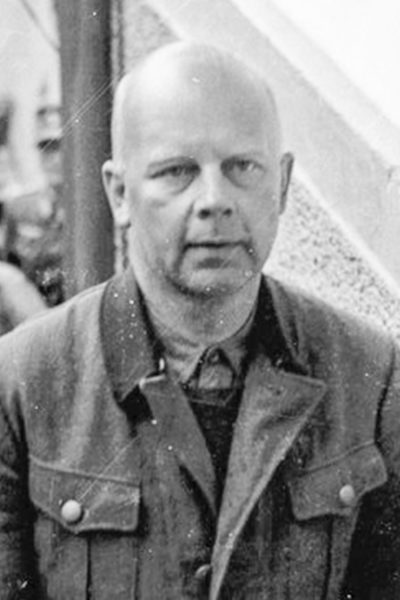Two of our previous blogs discussed Hitler’s enablers (refer to blogs, Hitler’s Enablers – Part One and Hitler’s Enablers – Part Two [click here to read part one and here to read part two]). Without hundreds of thousands (millions?) of people to carry out his orders, policies, and directives, Hitler would likely never have attained the status of the greatest mass murderer in the history of mankind. For a myriad of reasons, the majority of the Führer’s enablers went unpunished or if convicted, never fully served their sentences (click here to read the blog The Wisemen). For one group of enablers (i.e., war criminals), their post-war stories centered around the “ratlines” (click here to read the blog ODESSA: Myth or Truth?) that guided them out of Europe and in many cases, to South America (in particular, Brazil, Argentina, and Chile). For some (e.g., Josef Mengele, Aloïs Brunner, and Walter Rauff), they managed to either elude capture or were protected by a dictator and ultimately died in their “adopted” country. Others such as Franz Stangl, Josef Schwammberger, and Erich Priebke were eventually extradited to West Germany where they were convicted and died in prison.
Today’s blog is about Adolf Eichmann, one of the most notorious Nazis responsible for the organization and execution of the Final Solution. (Contrary to certain article headlines, Eichmann was not the “architect” of the Final Solution⏤he carried out the orders.) Eichmann’s capture in Argentina by the Mossad in 1960 and subsequent trial in Israel in 1961 were significant events on the world stage. Not widely known for his role in the Holocaust, Eichmann’s trial re-opened the file on Nazi atrocities and provoked a world-wide discussion about the Holocaust and Nazi genocide⏤topics that had been suppressed for fifteen years. Read More The Argentina Papers


